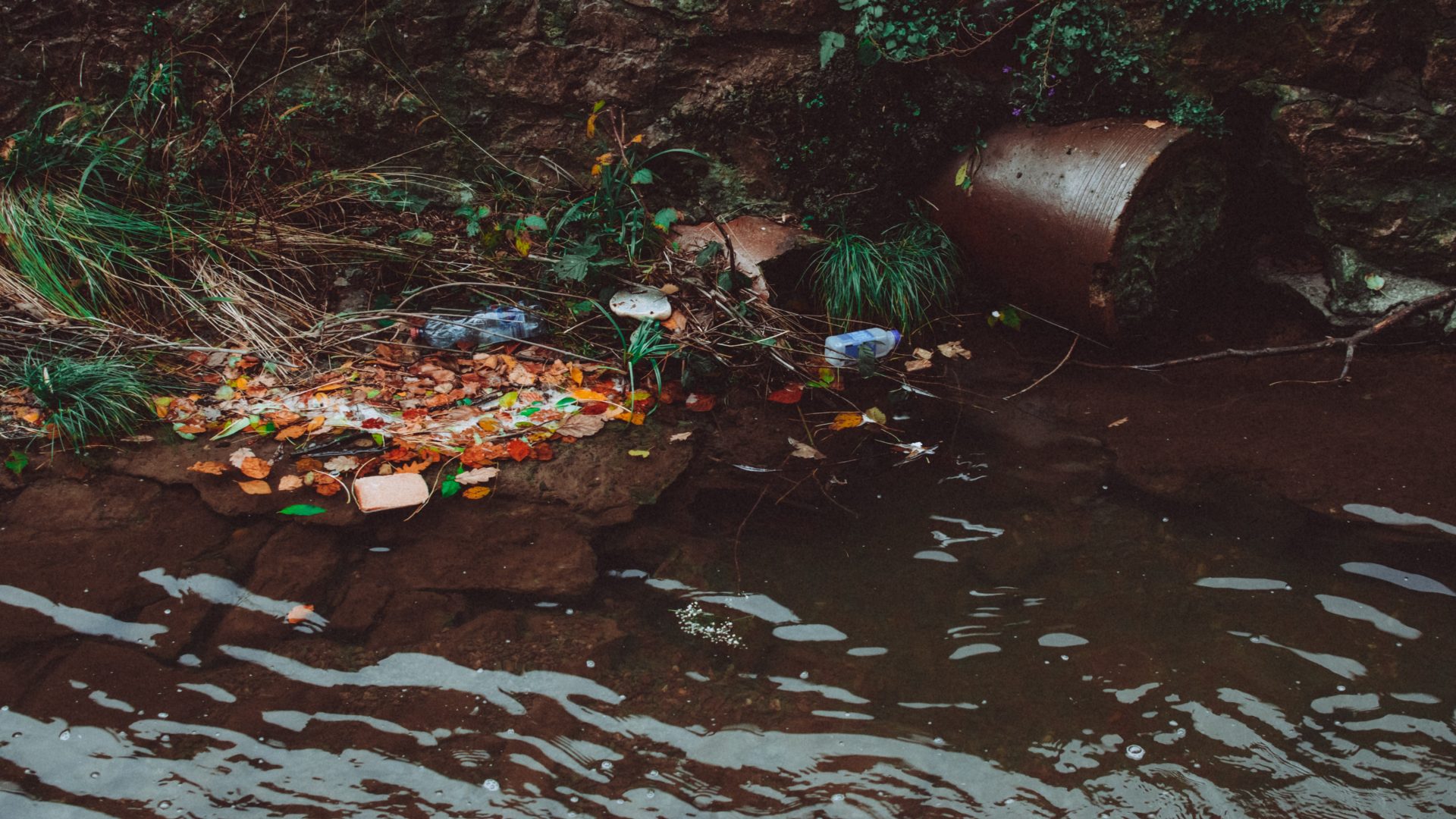The UK recorded 1.1 million incidents of fly-tipping last year — the highest number recorded for over a decade, since 2008/09. Watercourses have seen the largest rise in incidents, with a staggering 67% increase, whilst incidents on agricultural land are up by more than a third (37%).
Public footpaths and bridleways were affected particularly badly, with the highest number of fly-tipping incidents in 13 years — equating to 543 a day and a jump of 10% compared to the previous year.
As a result, campaigners are warning of the impact on natural landscapes. Those who enjoy the countryside in their free time are being encouraged to report incidents and vehicles involved in fly-tipping through the official gov.uk report-flytipping website or FixMyStreet.
The litter goes beyond everyday items: over the last year, incidents of dumping tyres rose by a quarter and people discarding vehicle parts increased by 15%. Posing even more of a health risk, there was a 47% upturn in fly-tipping of chemical drums or oil/fuels.
Hannah Poole, trainee solicitor at leading criminal defence firm Olliers, said:
“Fly-tipping differs from littering as the illegal deposit of waste on land, removing the waste from premises where it was originally produced, with the deliberate aim to dispose of this waste unlawfully.
“Any individual who produces waste has a duty of care to ensure that it’s disposed of properly. This applies to both householders and businesses. If convicted, the penalties individuals may face include a fine and/or a prison sentence of up to five years.
“The Fly-tipping Partnership Framework encourages enforcement agencies, residents and landowners to act together at a local level and provide ideas. A major factor in preventing fly-tipping is promoting understanding of the potential penalties.
“There is no requirement for people to report fly-tipping, but to encourage the public to report it, it needs to be easy and individuals need to know it is worth reporting. To report fly-tipping or illegal waste dumping, individuals should contact the local council – and we need more people to do just that.”
Susie Burrage, ambassador and board member of the Global Recycling Foundation, said:
“Many villages, towns and cities have seen junk piled up high in remote spots, as people clear out their homes to make space for offices. Huge amounts of taxpayers’ money is now being spent on litter collection, which could be going to vital public services.
“Litter is pollution and people underestimate the negative impact it has. Many people wrongly believe their individual actions will not harm the environment. For example, cigarette butts (which take 10 years to decompose) leach toxic substances into soil and water. Just one cigarette butt can contaminate 200 litres of water.
“I believe fines have helped to change individual behaviour, but we must challenge and change consumer behaviour. People must be educated in the best ways of preserving our natural resources and given easy access to well-organised and efficient recycling systems.”
Dan Marchant, director at the UK’s largest vaping retailer Vape Club, said:
“We know that many smokers will drop a cigarette butt on the floor, stamp it out and walk off, leading to cigarettes being one of the most common forms of litter. So when you switch to vaping, it’s a great chance to not only improve your health, but also to reduce the effect of cigarettes on the environment. Of course, you still need to dispose of everything properly. Or better yet, use a refillable vaping system to make sure there’s even less waste.”
There are various ways to help alleviate England’s litter problem.
- Support local groups and charities such as Keep Britain Tidy to tackle littering and educate communities
- Smokers should dispose of cigarettes – the most common form of litter globally – in a responsible manner, and those quitting smoking should practise responsible disposal of smoking cessation devices
- Organise company-sponsored clean-up days or start a litter action group through CleanupUK



